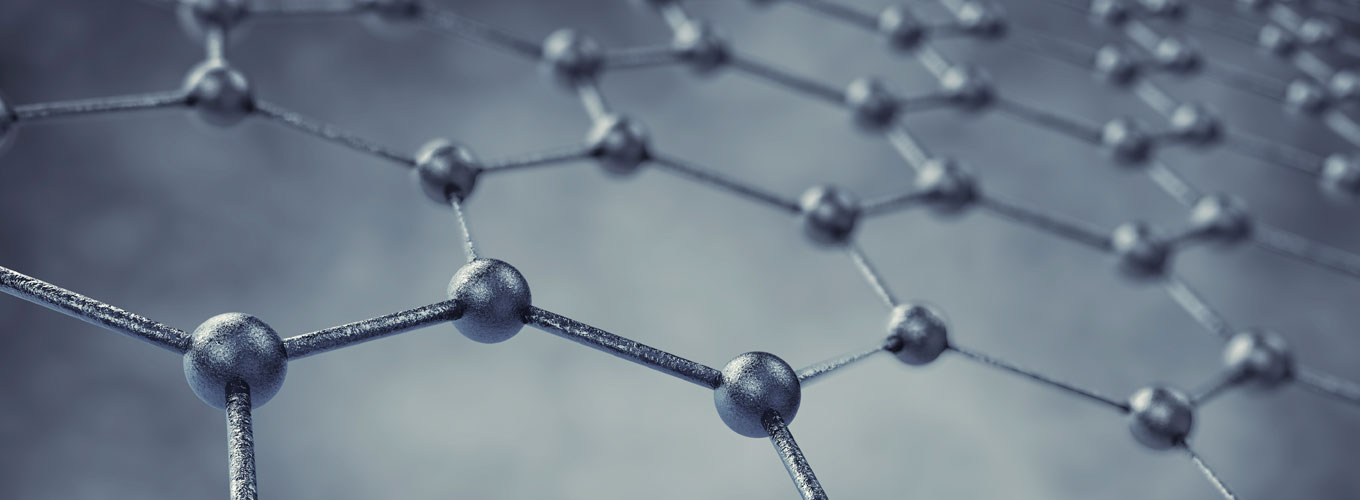Impact: Advancing fabrication methods for the next super material: graphene
Graphene is a remarkable material: it is extremely light and strong, it can confer that strength to other materials and has outstanding electrical and thermal conductivity.
It offers new and exciting developments in industries as diverse as energy storage, data storage, solar technology and transportation, and research and investment in developing graphene is booming.
A team at the ARC Centre of Excellence for Electromaterials Science, led by Professor Gordon Wallace, is focused on improving the simplicity and precision of graphene processing methods.
The team’s watershed moment was the global recognition generated by a 2008 paper published in Nature Nanotechnology, outlining a novel graphene processing technique, which was subsequently patented.
Another breakthrough occurred with the team’s discovery of the liquid crystalline behaviour of graphene oxide, a precursor to graphene.
Liquid crystalline graphene oxide (LCGO) allows the fabrication of new graphene-based architectures using industrially scalable techniques such as fibre spinning (wet-spinning and electrospinning), printing (ink-jet, extrusion and 3D) and coating (roll-to-roll).
Understanding graphene chemistries has enabled processing and fabrication techniques developed by the ACES team to fast-track research into its application in a number of fields, including energy generation and storage, and medical bionics.
The team has already generated 56 publications, which have attracted over 5364 citations.
- ARC CENTRE OF EXCELLENCE FOR ELECTROMATERIALS SCIENCE
Distinguished Professor Gordon Wallace
Professor David Officer
Dr Sanjeev Gambhir
Dr Rouhollah Ali Jalili
Sepidar Sayyar
A/Professor Joselito Razal - MONASH UNIVERSITY
Professor Dan Li - UCLA, USA
Professor Richard Kaner - UNIVERSITY OF TEXAS DALLAS, USA
Professor Ray Baughman - HANYANG UNIVERSITY, KOREA
Professor Seon Jeong Kim
Copyright © 2014 University of Wollongong. CRICOS Provider No: 00102E Privacy | Disclaimer & Copyright Info | Site Map

